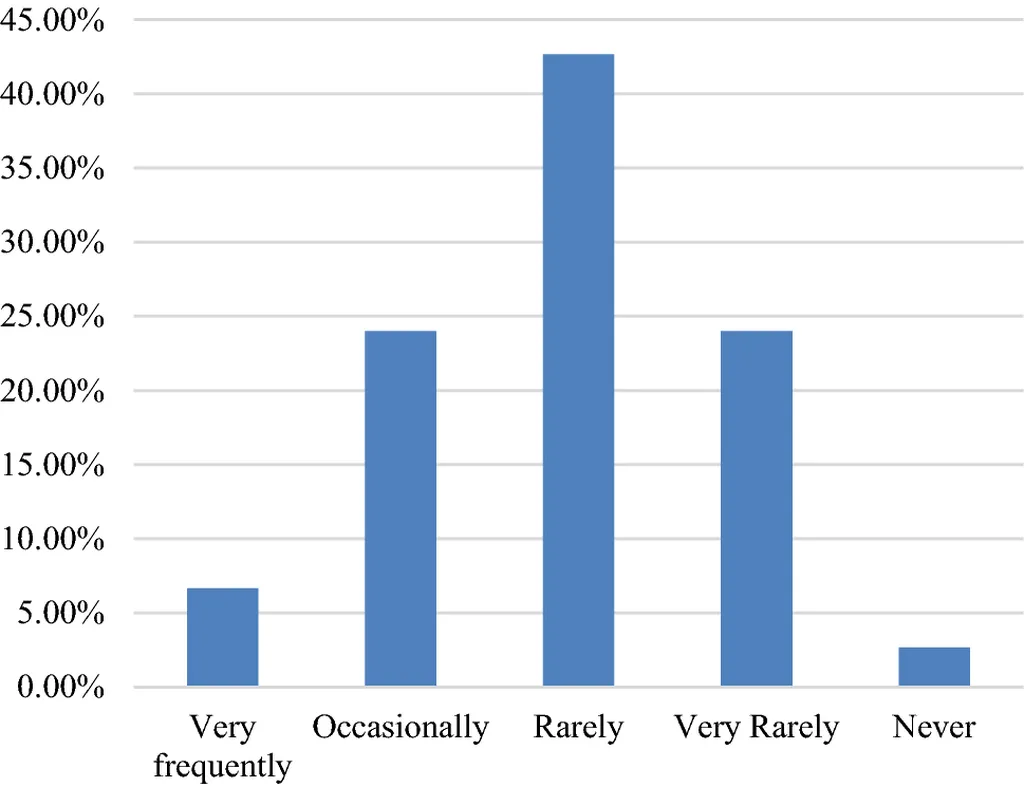In the quest for smarter, more energy-efficient buildings, a groundbreaking review published in the journal *Buildings* (translated from Greek) is shedding light on the transformative potential of Model Predictive Control (MPC). Led by Panagiotis Michailidis from the Center for Research and Technology Hellas in Thessaloniki, Greece, the research delves into the applications and innovations of MPC in building energy management systems (BEMS), offering a roadmap for the future of smart buildings.
Model Predictive Control is not a new concept, but its application in the built environment is gaining momentum. Unlike traditional control systems, MPC uses a dynamic model of the system to predict future behavior and optimize control actions. This approach is particularly useful in buildings, where energy demands are constantly changing due to factors like weather, occupancy, and user behavior.
“MPC is like a chess player who thinks several moves ahead,” Michailidis explains. “It anticipates future conditions and makes decisions that optimize energy use, comfort, and cost.”
The review highlights the versatility of MPC, demonstrating its application across various BEMS frameworks, including HVAC systems, energy storage, renewable energy integration, domestic hot water, electric vehicle charging, and lighting. By integrating these systems, MPC can significantly enhance energy efficiency and reduce operational costs.
One of the key findings of the review is the shift from simple white-box models to more complex gray- and black-box models. These advanced models leverage machine learning for forecasting and multi-objective optimization, enabling more accurate predictions and better decision-making.
However, the research also identifies challenges that need to be addressed for MPC to reach its full potential. “While MPC shows great promise, it still lacks robustness, benchmarks, and real-world validation,” Michailidis notes. “Future research should focus on developing adaptive, hybrid, and multi-agent frameworks that integrate forecasting and control, embed occupant behavior, and enable grid-interactive flexibility.”
The commercial implications of this research are substantial. As buildings account for a significant portion of global energy consumption, the adoption of MPC in BEMS could lead to considerable energy savings and cost reductions. Moreover, the integration of renewable energy sources and energy storage systems could facilitate the transition to a more sustainable and resilient energy infrastructure.
The review also emphasizes the need for lightweight, explainable deployment of MPC in real building environments. This would not only enhance the acceptance and adoption of MPC but also pave the way for scalable, interoperable solutions in smart building ecosystems.
As the building sector continues to evolve, the insights from this research could shape the development of next-generation energy management systems. By embracing the potential of Model Predictive Control, we can move closer to achieving energy efficiency, sustainability, and comfort in our built environment.

